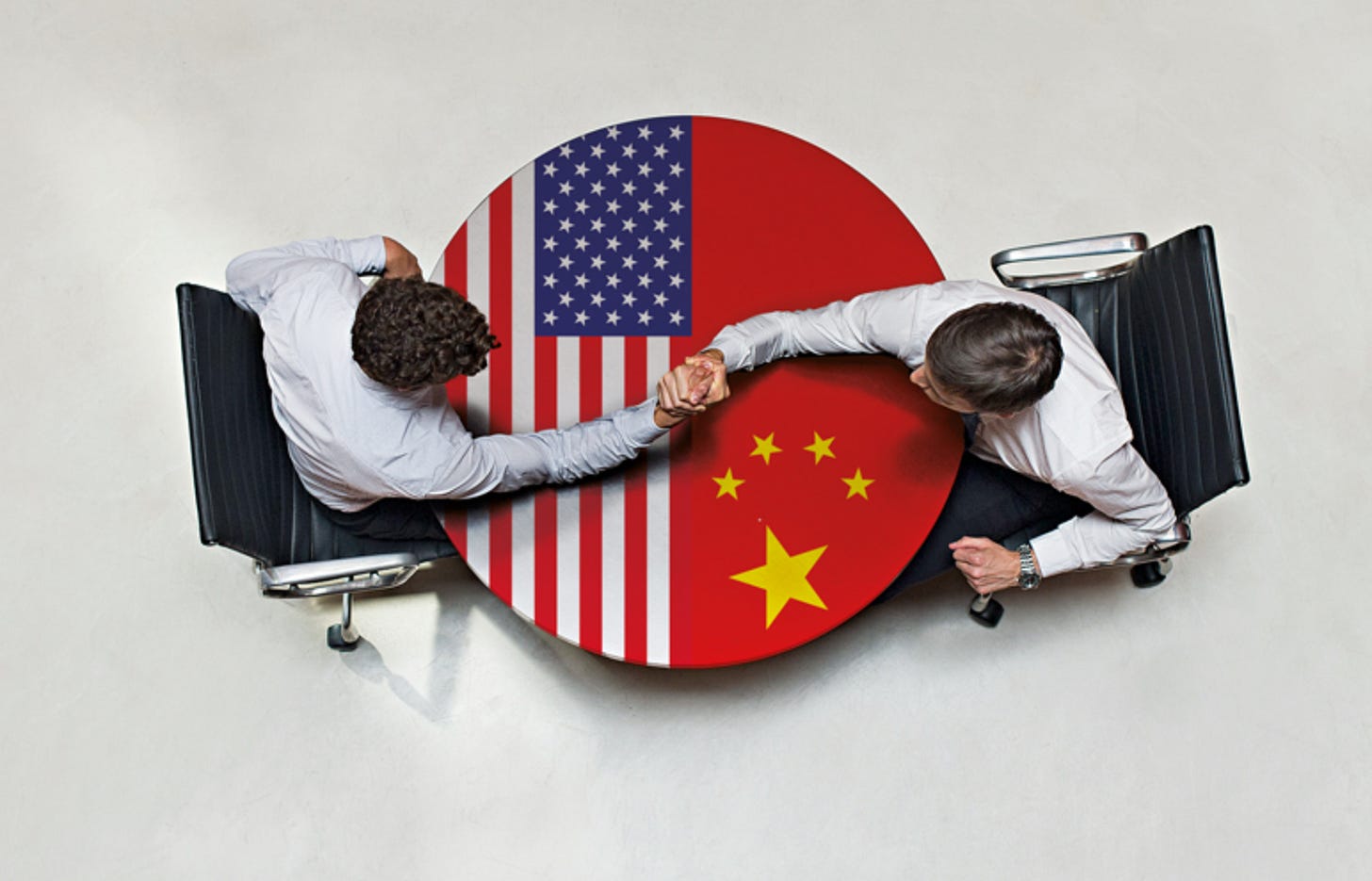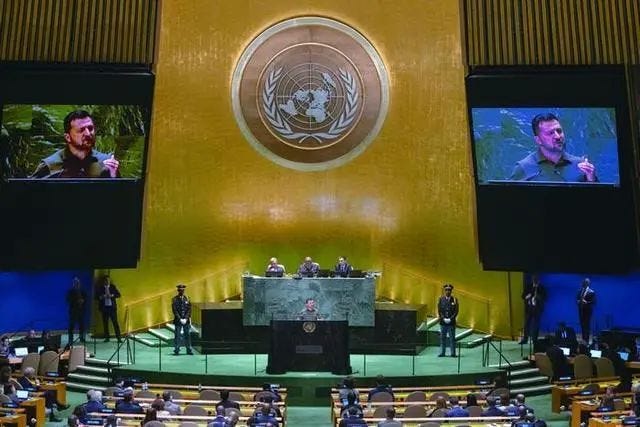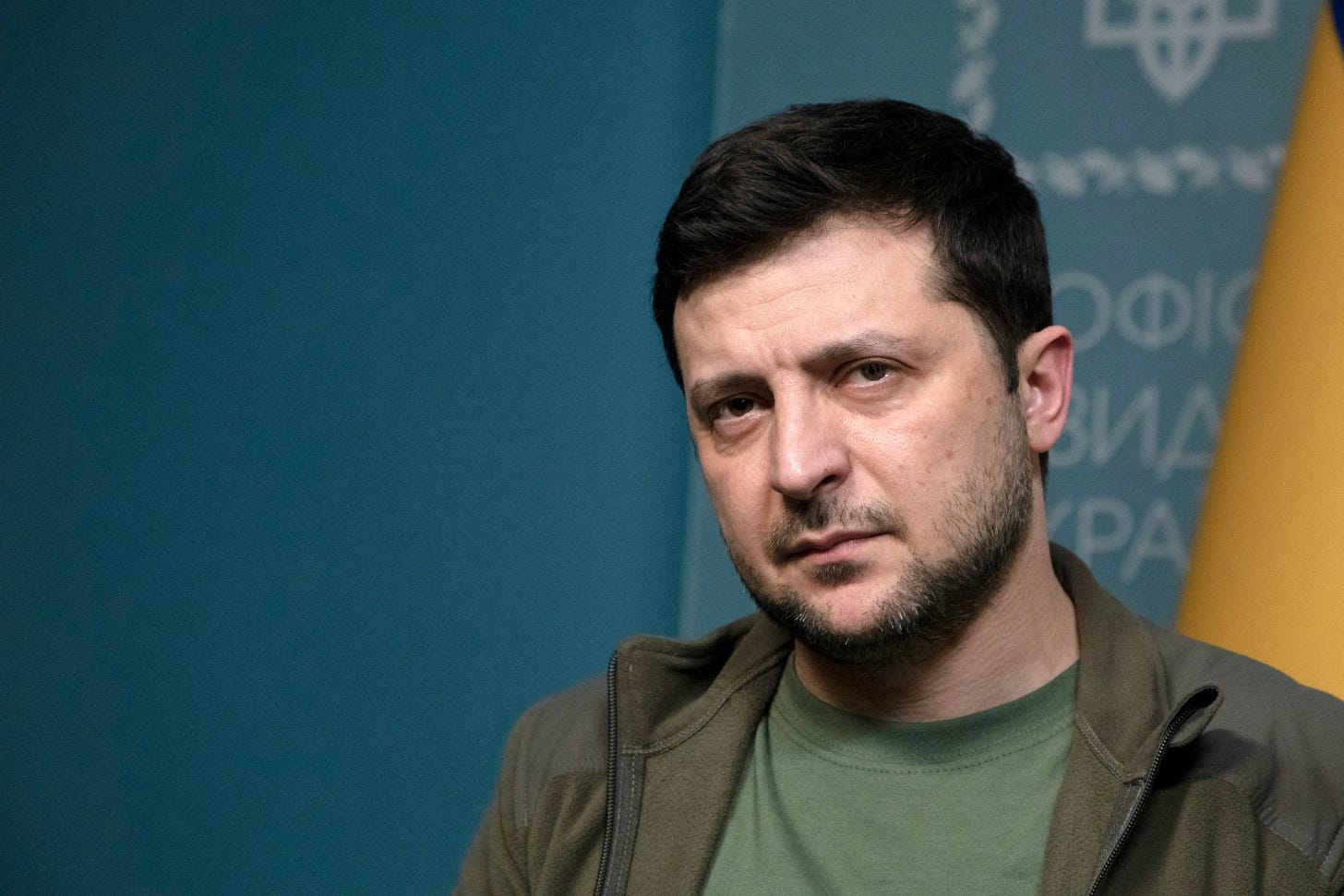The New Phase of China-U.S. Competition and Cooperation
This is an opinion article and does not represent the official viewpoint of EduOutlook-China. It provides some perspectives from some Chinese for reference.
Over the past few days, I've been discussing the list of visiting leaders for the Hangzhou Asian Games with my friends, and many of them have asked me why the most prominent figure is Syrian President Assad.
I think there are probably two reasons for this.
One reason is that China will host the Belt and Road Summit this October, a high-profile event where many Asian leaders are expected to attend. However, they can't come to China twice within a month, so they chose to reserve their most valuable opportunity for the Belt and Road Summit.
Another reason is the timing of the Hangzhou Asian Games this year, which coincides with the annual United Nations General Assembly in September. Most Asian leaders need to go to New York to meet with President Biden during this UN General Assembly session.
This UN General Assembly has turned Biden into a 'Russia-bashing conference,' and small countries that are caught in the crossfire of great power competition must participate to safeguard their national interests. This has made the list of attendees in New York very interesting.
The five permanent members of the UN Security Council, due to structural interests being compromised, have all refused to attend, except for the host, Biden. Even the United Kingdom, often seen as a follower of the United States, is explicitly participating in the G20 in September and COP28 in November but citing busyness as the reason for not attending this UN General Assembly.
However, countries that are traditionally seen as within Russia's sphere of influence, such as Azerbaijan and Armenia, which are currently in conflict, need to stay in their respective countries. The presidents of the five Central Asian countries, the Prime Minister of Iran, and the presidents of Serbia and Mongolia, all gathered in New York.
What's even more interesting is that in the face of strong opposition from other members of the UN Security Council, Biden invited Zelensky to attend the meeting and angrily denounced Russia's aggressive actions at the General Assembly.
This move has disrupted the unspoken agreement among the five major shareholders since the founding of the United Nations, forcing Russian Foreign Minister Lavrov to exhaust all means and engage in a verbal battle with Zelensky.
In recent days, although Lavrov has 'won' this verbal battle with outstanding personal abilities, it does not change Russia's abysmal diplomatic situation.
If we list all the news about Russia's 'small allies' during the recent UN General Assembly, we can see how dire Russia's situation currently is:
Armenia announced during the UN General Assembly that it would join the International Criminal Court's Rome Statute and conducted joint military exercises with the United States. This signifies that Putin, who previously enjoyed 'safe passage' upon entering Armenia, will no longer be able to visit Armenia without the risk of arrest. Armenia is no longer Russia's 'protectorate,' and the United States will use Armenia to expand its military influence in the Caucasus.
Azerbaijan, during the UN General Assembly, invaded the Russian-controlled Nagorno-Karabakh region and 'accidentally' killed the deputy commander of the Russian peacekeeping force in Nagorno-Karabakh. Russia, despite being humiliated by a smaller country like Azerbaijan, will see its prestige in the Caucasus region greatly diminished. The countries of the Caucasus will also gain independence from Russia's control.
The five Central Asian countries held their first-ever C5+1 summit with President Biden, establishing a presidential-level communication mechanism with the United States. This signifies that the Central Asian five have gained diplomatic independence and are no longer indirectly controlled by Russia in diplomacy. The United States will also expand its military influence in Central Asia through the construction of military bases.
According to Iranian spokespersons, there is a high probability that Iran's Prime Minister Raisi, who has just unfrozen $6 billion from the United States, will 'meet' with President Biden in New York. This signifies that Russia will lose control over Iran's oil exports, and future Iranian oil export quotas will be negotiated between the United States and Iran.
In addition, although Mongolia is surrounded by China and Russia and is unlikely to make a U-turn in this round, Serbian President Vucic, Russia's staunchest supporter, signed the 'Athens Declaration' before the UN General Assembly, condemning Russia's 'aggression' and supporting Ukraine's sovereignty and territorial integrity, holding Russia accountable for war crimes.
Finally, just as Zelensky and Lavrov were engaged in a verbal battle, Ukraine launched a missile attack on the headquarters of the Russian Black Sea Fleet, resulting in casualties among 'Russian Navy senior officials.' NATO has expanded its scope of targeted killings from the front lines to headquarters, while Russia is powerless to retaliate.
So, while Russian Foreign Minister Lavrov 'won' the debate against Zelensky, Russia has lost terribly in this round of the 'anti-Russia conference' organized by the United States.
It can even be said that Russia has almost lost all its influence in the post-Soviet sphere, leaving only staunch allies like Syrian President Assad and Venezuelan President Maduro. In the past few days, these leaders chose to come to China with extreme humility and signed a slew of contracts with us.
Syria and Venezuela are just the beginning, and in the post-Russia era, we will welcome more countries to redefine their diplomatic relations with China.
Just as after the 2008 financial crisis, China gradually replaced Japan as the world's second-largest economy and, with the Belt and Road Initiative as a symbol, China and the United States began global economic cooperation and competition.
After the 2022 Russia-Ukraine conflict, we will also gradually get used to replacing Russia as the world's second-largest geopolitical power and engage in global-level maneuvering with the United States.
Between China and the United States, the competition will extend from the economic sphere to a dual competition in both economics and geopolitics.
Next month, the Belt and Road Summit, where leaders from various countries will gather, will officially kick off the starting gun for this long-distance race.




